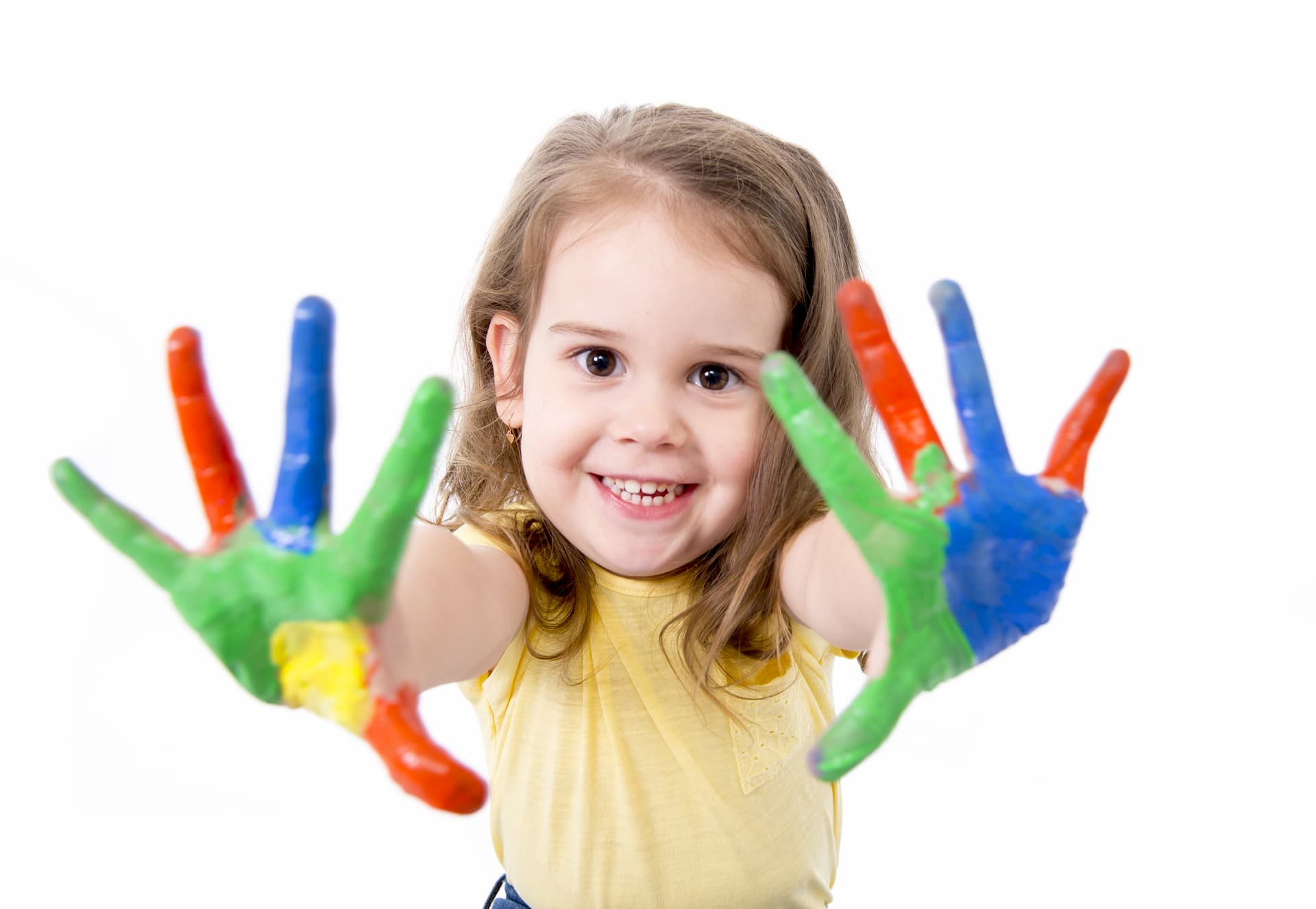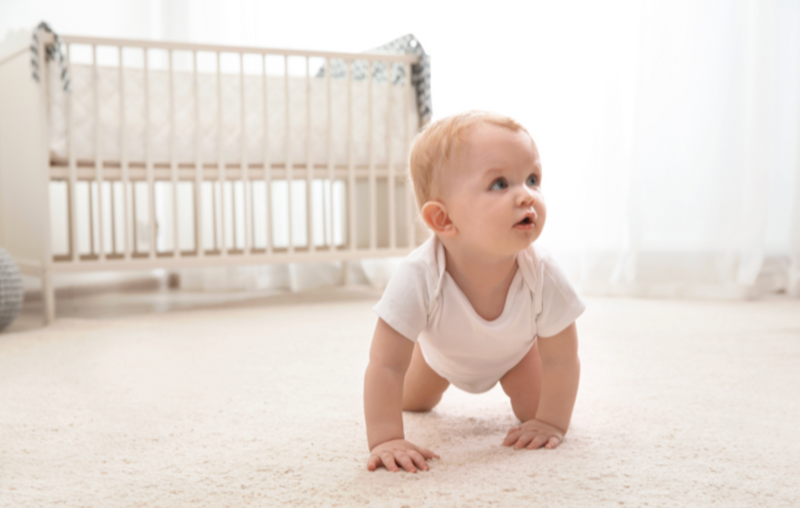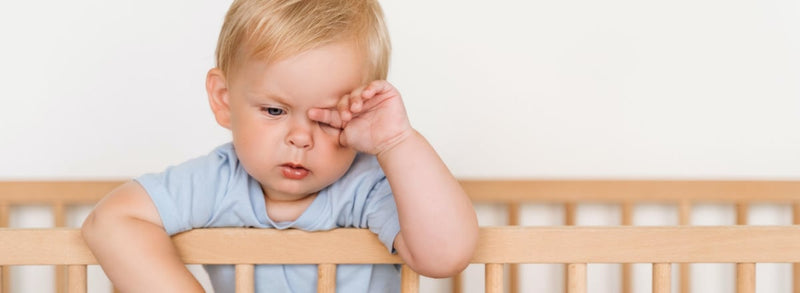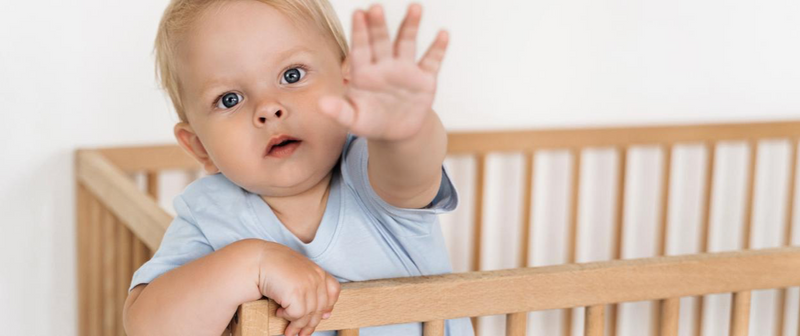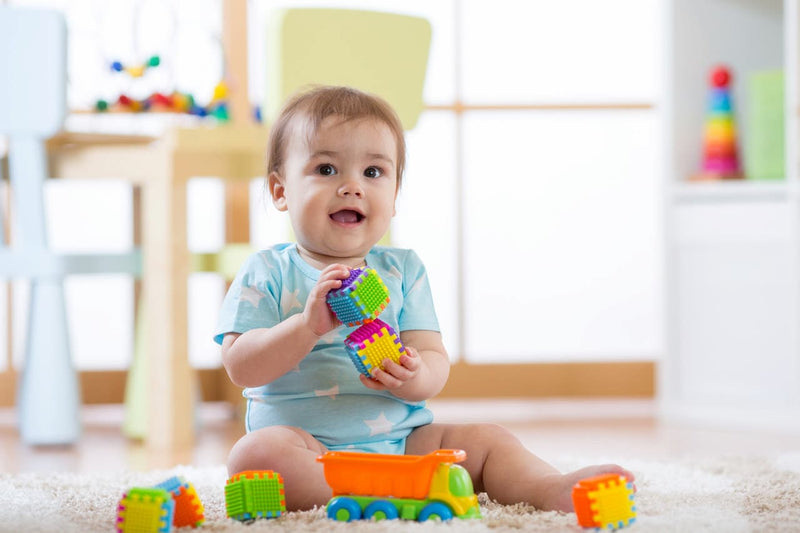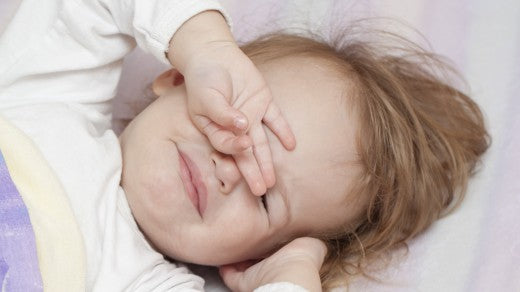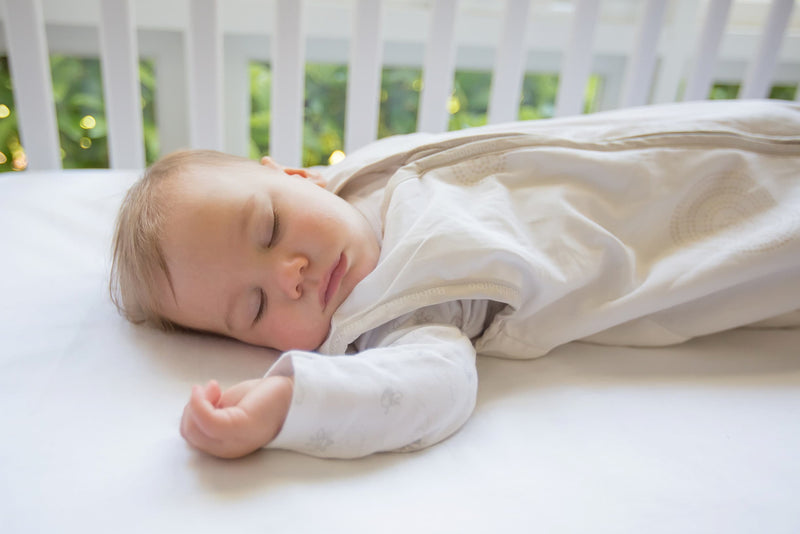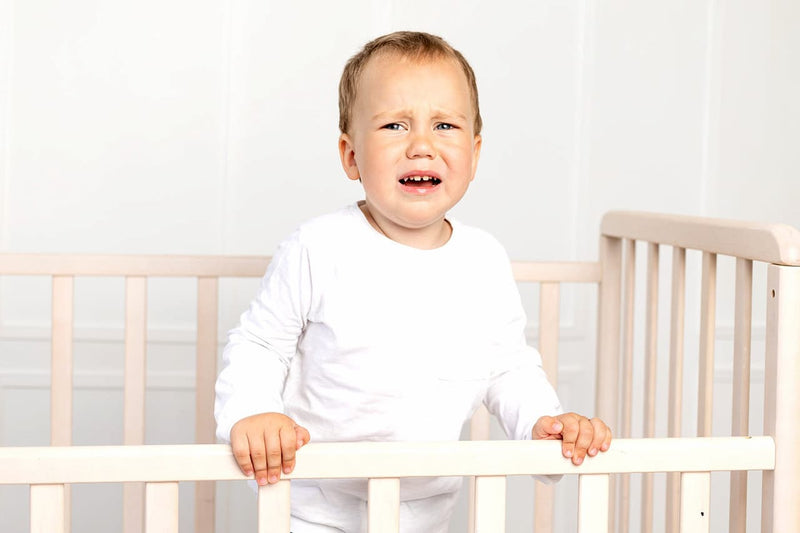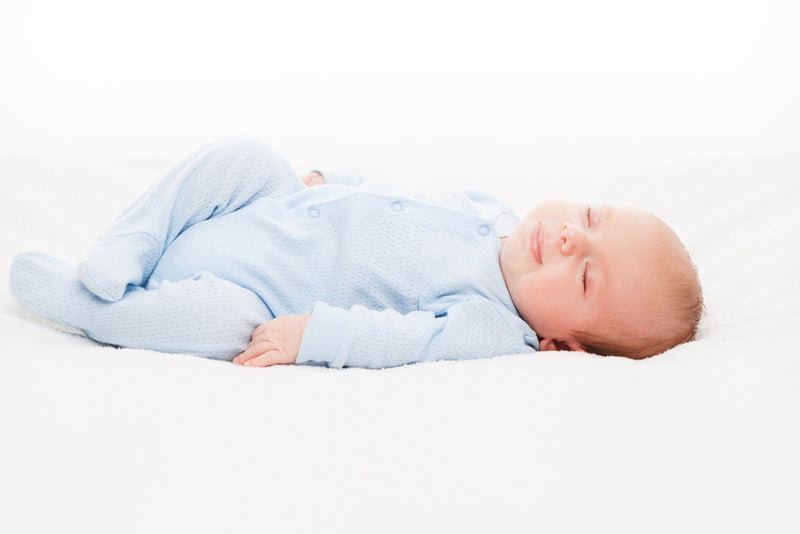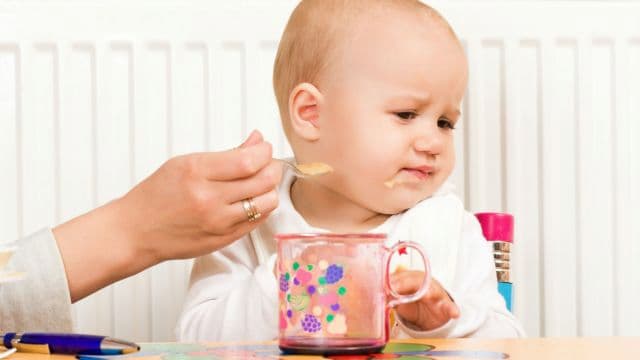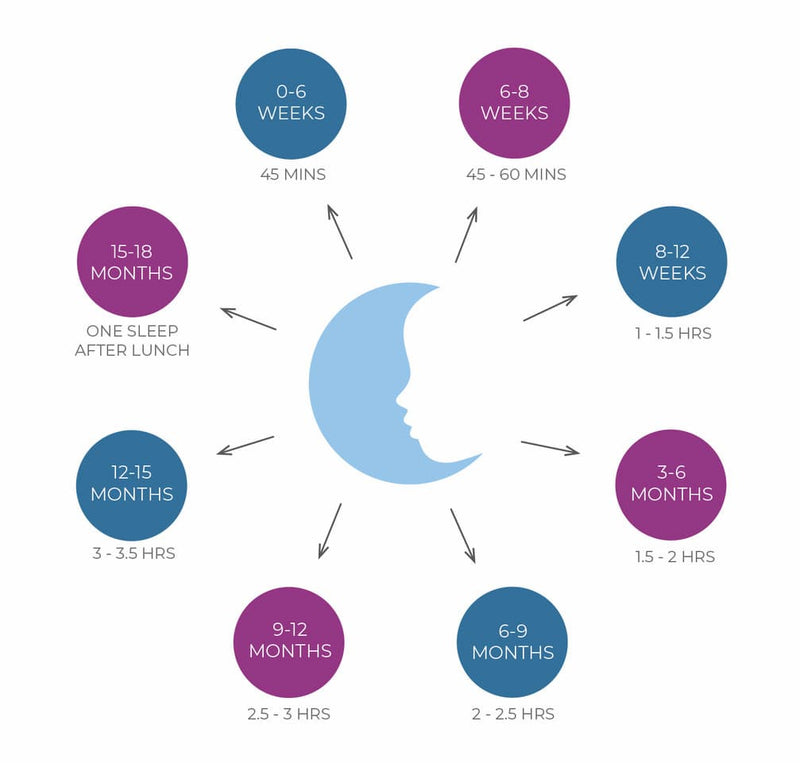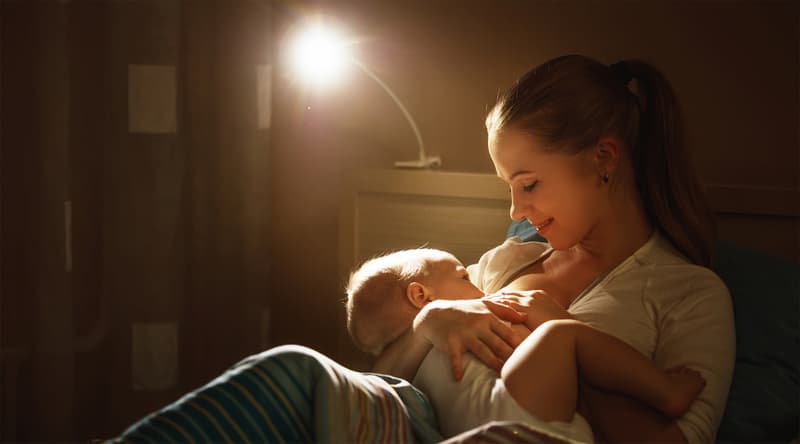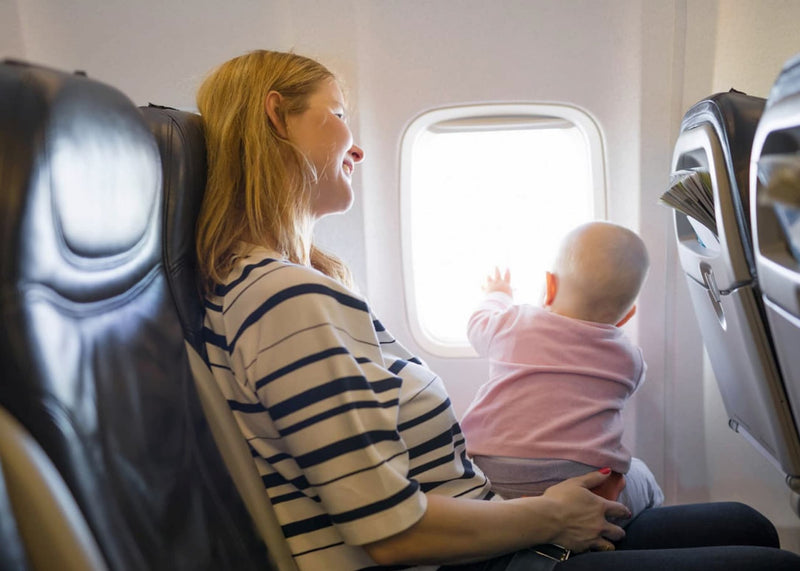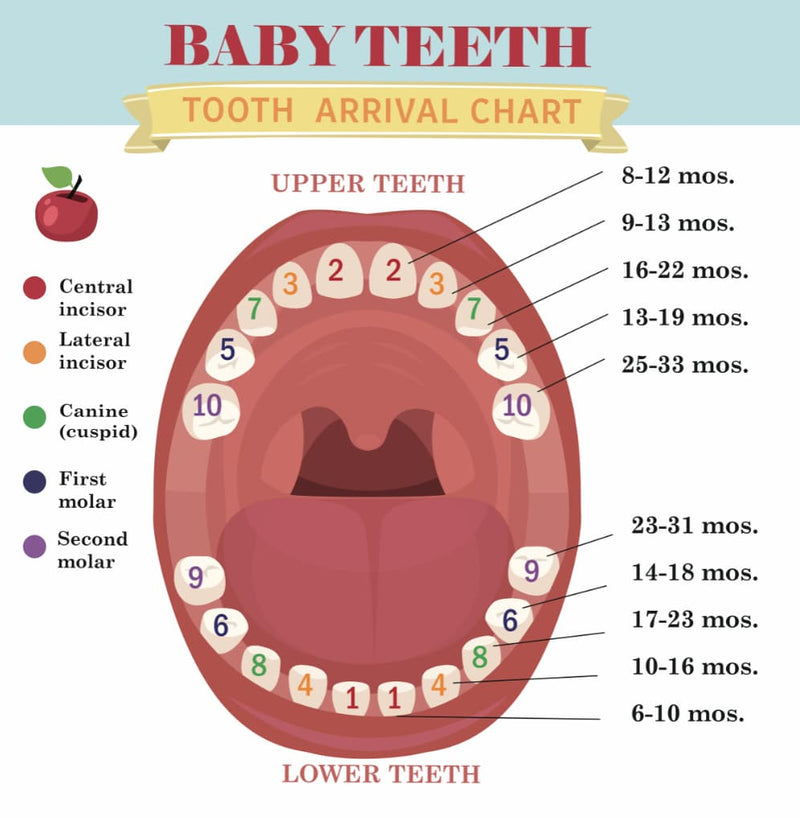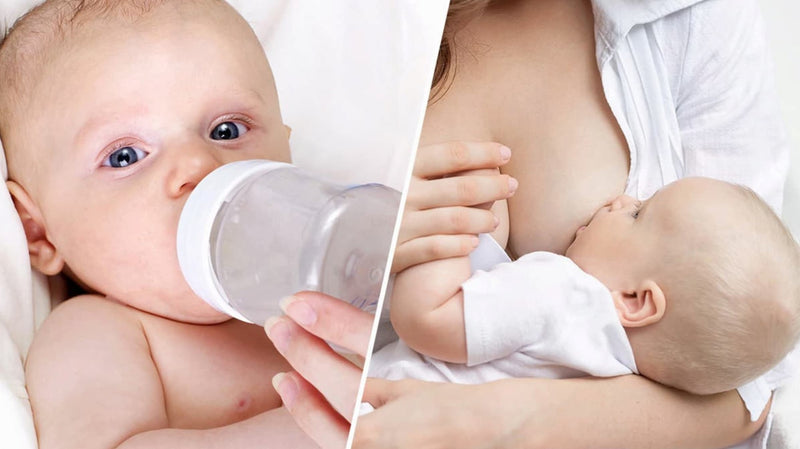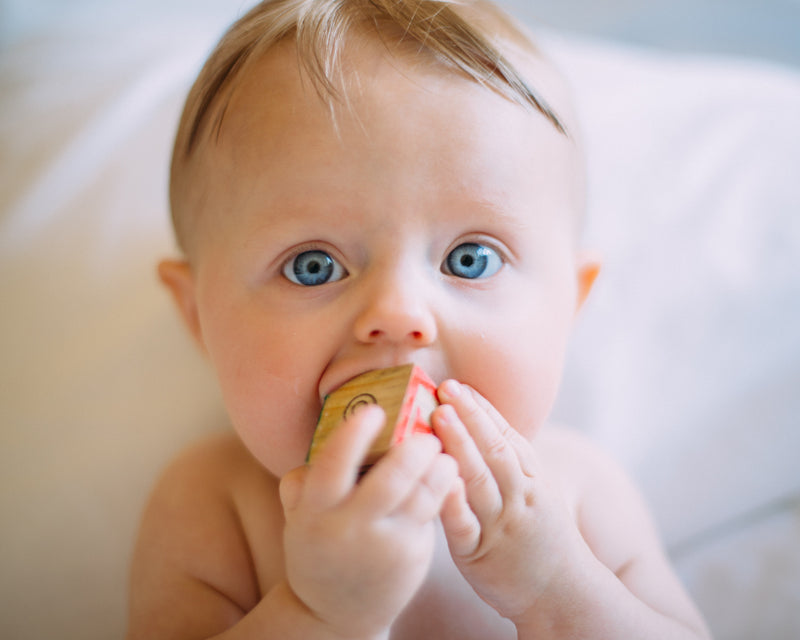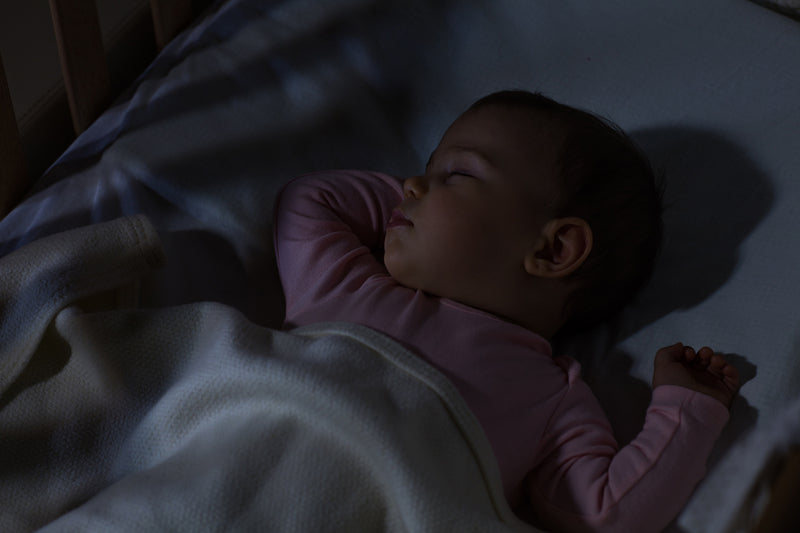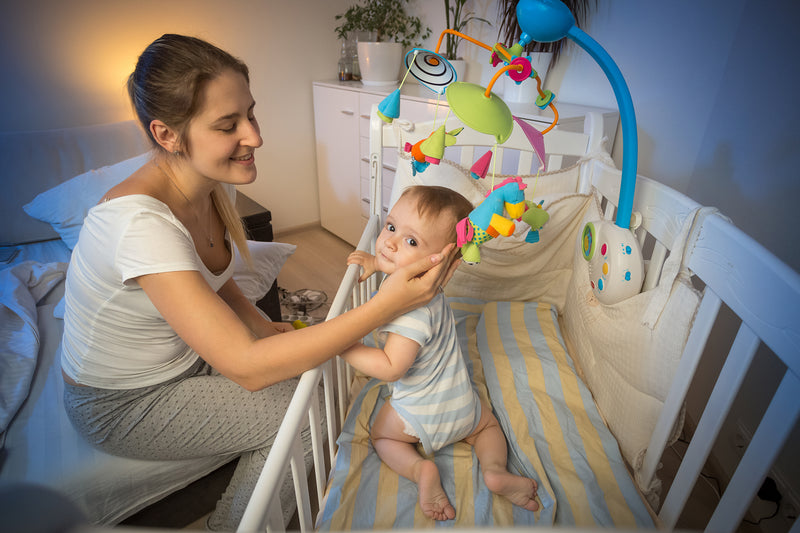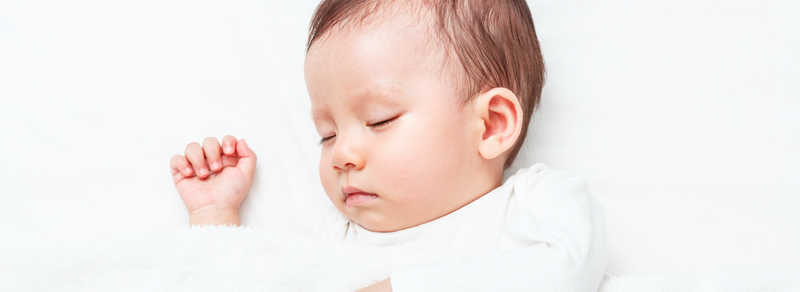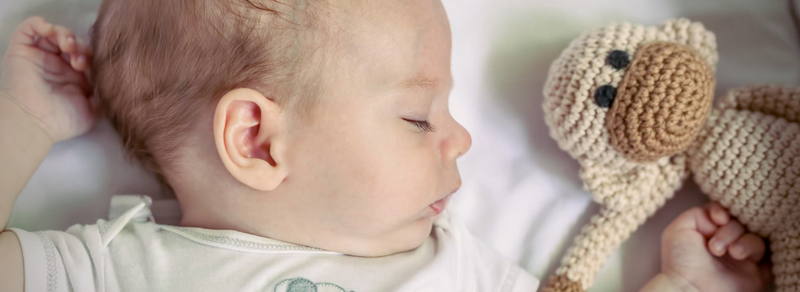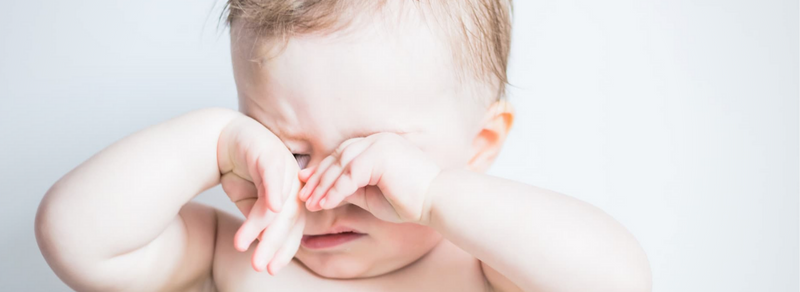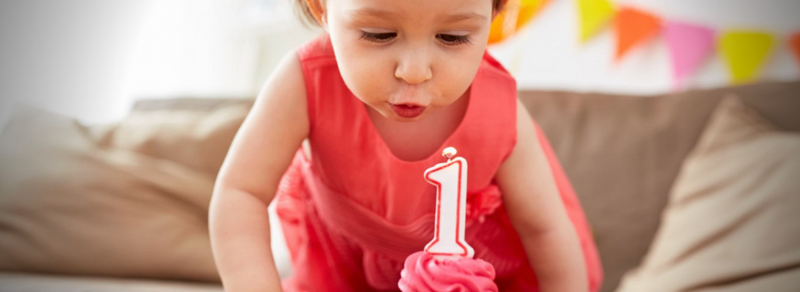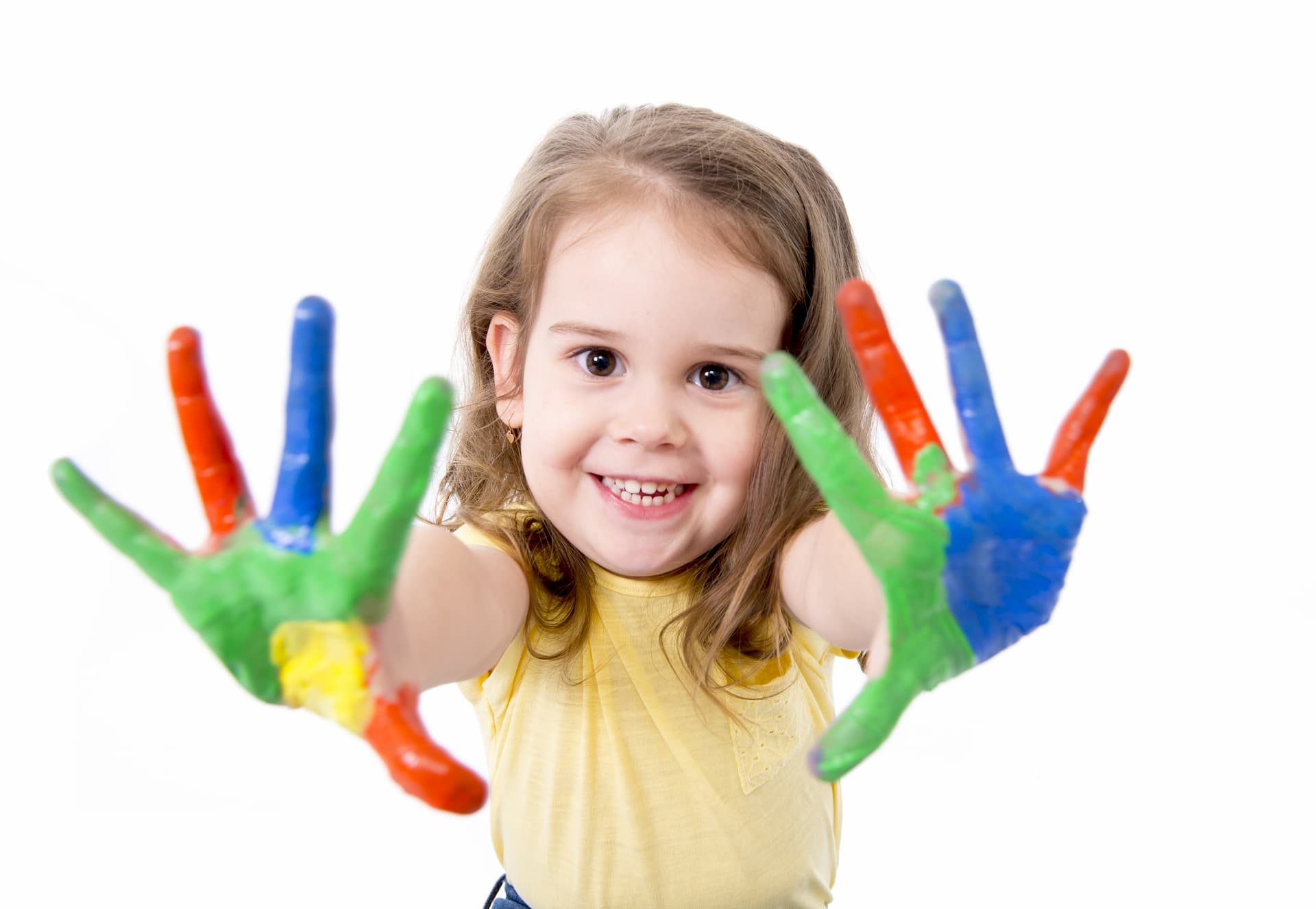
The power of “Active Playtime” and how it effects sleep!
Stimulating your child's brain during playtime and providing situations where they can explore, helps them to learn and grow through new experiences. It will also help with sleeping. Engaging in active play helps babies build strong muscles, improve coordination, enhance their sense of balance, and develop fine and gross motor skills.
To achieve good naps your baby needs to have plenty of stimulating activity time during their wake windows, By incorporating active playtime into your baby's daily routine goes beyond just physical exercise—it is a fundamental building block for their holistic development and well-being. If your baby doesn’t get enough active playtime, you may experience protesting at nap time and/or catnapping. By engaging in regular active play, you are not only nurturing your baby's physical abilities but also laying the groundwork for healthy sleep patterns. As your baby grows, remember that the simple act of play can be a powerful tool in promoting restful and rejuvenating sleep, as well as setting the stage for a happy, healthy, and thriving life.
It's important to know, Babies get bored just like adults, for babies under six months of age, try to keep each activity to a maximum of 15 – 20 minutes as after this period of time, your child will show signs of being board which can often be confused with hunger or tired signs. But in fact, they are just trying to tell you that they want to do something else.
Below are some of the benefits of Active playtime!
Energy Expenditure:
Active playtime allows babies to expend excess energy, which can help prevent restlessness and hyperactivity during sleep. When babies have an opportunity to move, crawl, and explore during the day, they are more likely to experience a sense of calmness and fatigue when bedtime arrives.
Regulation of Circadian Rhythm:
Exposure to natural light during active playtime helps regulate a baby's internal clock, known as the circadian rhythm. This assists in aligning the baby's sleep-wake cycle with the day-night cycle, leading to a more predictable and consistent sleep pattern.
Stress Reduction:
Active playtime encourages the release of endorphins, the body's "feel-good" hormones, which can help reduce stress and anxiety. A calm and relaxed baby is more likely to transition into a peaceful sleep state.
Improved Sleep Depth and Duration:
Babies who engage in regular active play are more likely to experience deeper and longer periods of sleep. Physical activity promotes healthy sleep cycles, allowing babies to progress through the various stages of sleep, including restorative deep sleep.
Enhanced Sleep Onset:
Active playtime contributes to the production of melatonin, a hormone that regulates sleep onset. Exposure to natural light and physical activity during the day helps synchronize the body's melatonin production, making it easier for babies to fall asleep when night falls.
Need help with your baby's sleep? Download The Baby Sleep Magic App today on a Free 3-day Trial
Below are some examples of activities relevant to your babies age.
IMPORTANT: Babies get bored just like adults, for babies under six months of age, try to keep each activity to a maximum of 15 – 20 minutes as after this period of time, your child will show signs of being board which is often confused with hunger or tired signs.
But in fact, they are just trying to tell you that they want to do something else.
0 - 6 weeks
During the first six weeks, your newborn will not have a lot of awake time so activity time can be as simple as a bit of tummy time, even if that's done on Mum or Dad's chest.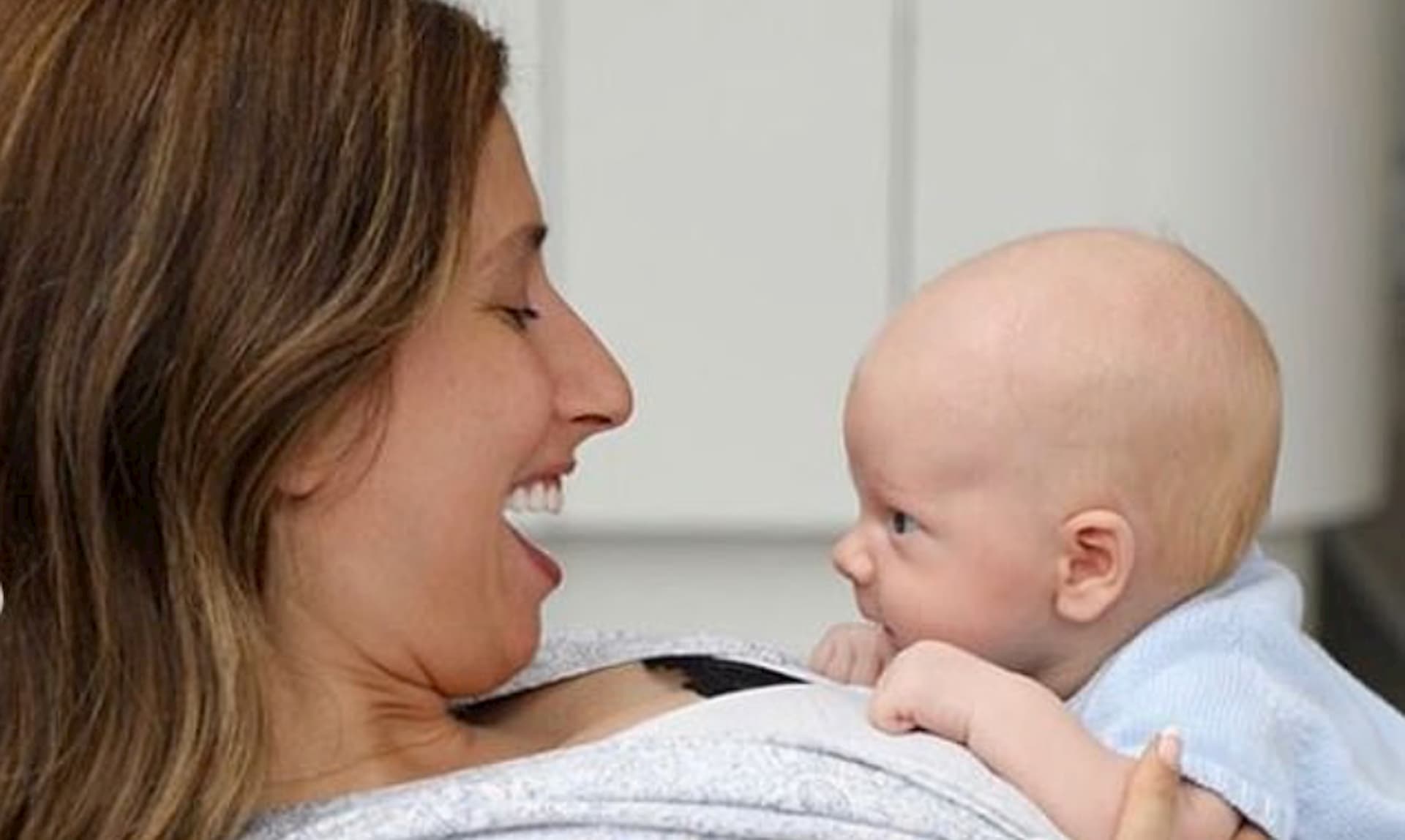
6 - 12 weeks
At this age, you only have about 60 - 90 minutes of awake time which includes feeding, burping and nappy changes. This will most likely leave you with approx. 30 minutes of activity time.
Some examples include:
- Read a book
- Sing songs
- Alternate between using an activity play mat and baby swing
- Enjoy cloth books with different textures.
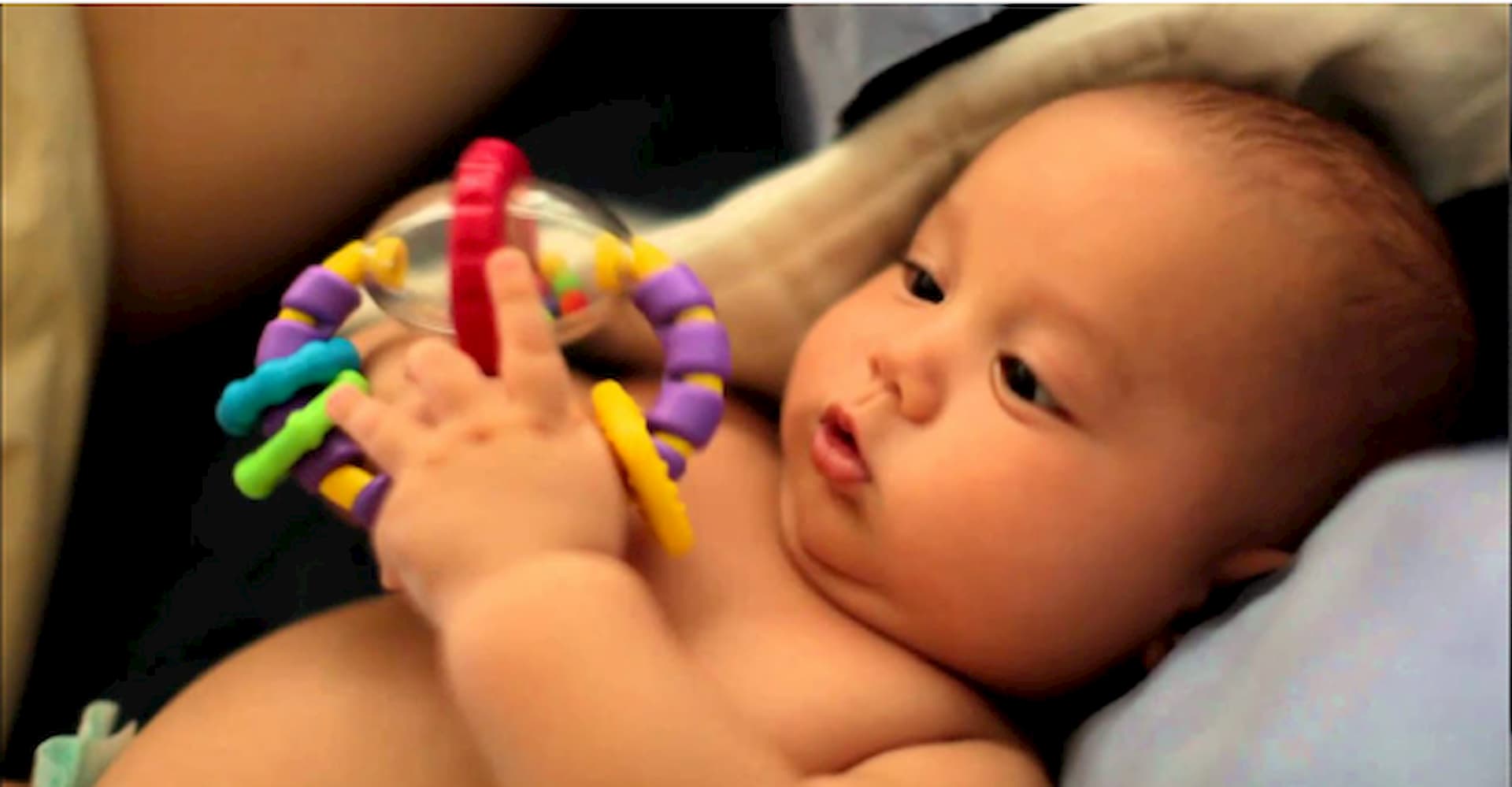
3 - 6 Months
Your baby is now capable of staying awake between 90 minutes to 2 hours, this is where getting creative pays off. Remember your baby needs a new activity every 15-20 minutes.
Some ideas include:
- Play with rattles
- Practice holding new toys
- Use an activity mat and encourage movement by placing toys nearby
- Jolly Jumper
- 5 minutes in a Bumbo which will help break up the time, activities and position of the normal laying down
- Take your baby outside for 15 minutes to look at the sky, leaf’s, cars etc.
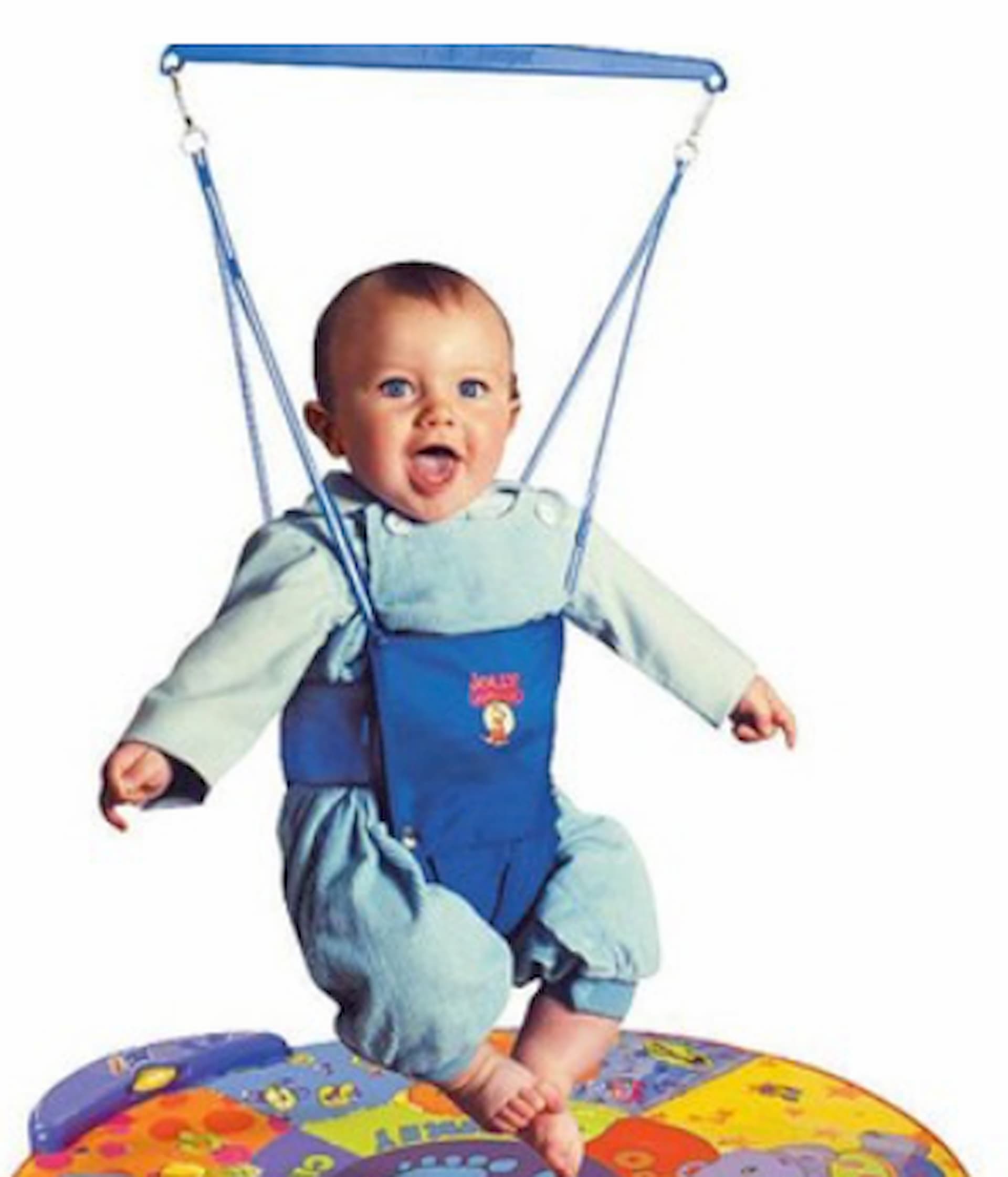
Need help with your baby's sleep? Download The Baby Sleep Magic App today on a Free 3-day Trial
6 - 12 Months
The chances are your baby is well and truly on the move by now and if not, they will not be far away.
You will generally have between 2.5 - 3 hours of awake time. Now that you have a bit more awake time, this is an excellent opportunity to get out and about.
Try a playgroup, swimming lessons, baby sensory or a mums fitness or yoga class. Some other ideas include:
- Play with toys that let your child push a button to make something happen
- Get your pots, pans & Tupperware out
- Play with blocks and practice stacking them
- Water play or taking a bath in the sink
- Create a ball pit
- Clap together
- Peekaboo
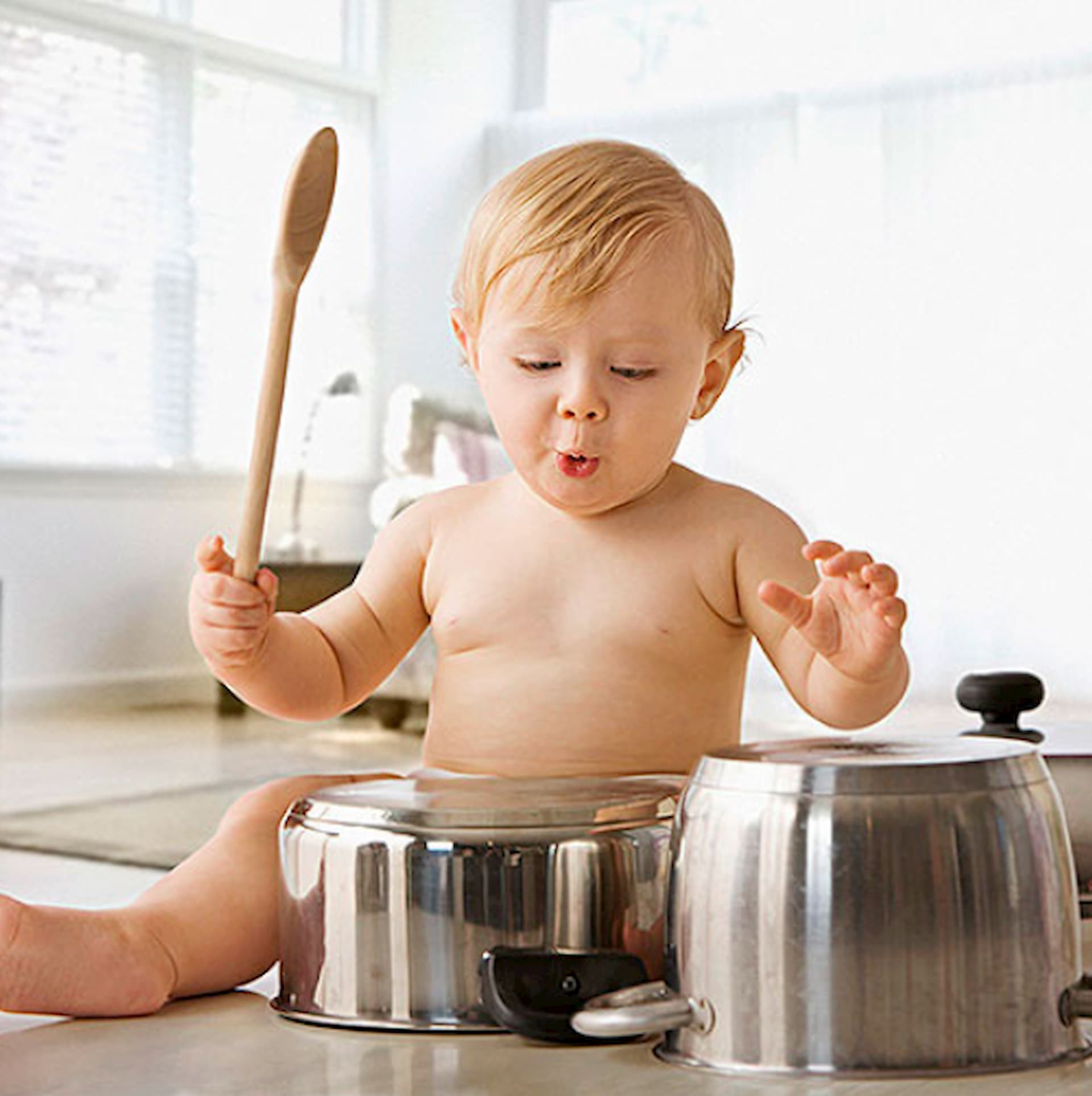
12 - 18 months
Now that you have a toddler on your hands, it is time to increase the active playtime. Now your toddler is up and about with more awake time than ever before, this is a great opportunity to get out & about.
Try a playgroup, swimming lessons, or getting out to run around at a park.
Some other ideas include:
- Building & stacking blocks
- Play-Doh
- Felt play mats
- Putting straws in an empty, plastic water bottle
- Flap books
- Stickers
- Musical instruments
- Clipping pegs on the edge of an empty box
- Painting/finger painting with food colouring

18 months: 2½ Years
Children tend to get a lot of stimulation & interaction at kindy or day care, however recreating that at home can be near on impossible.
However, it is important to prioritise some movement and fresh air with your toddler. Toddlers who are on one nap a day, typically need the nap offered between 5-6 hours after they wake up.
This is usually between 11:30-12pm.
Some other ideas include:
- Water play with ice and a whisk
- Writing on a chalk board
- Play dough
- Bubble play
- Painting/finger painting with food colouring
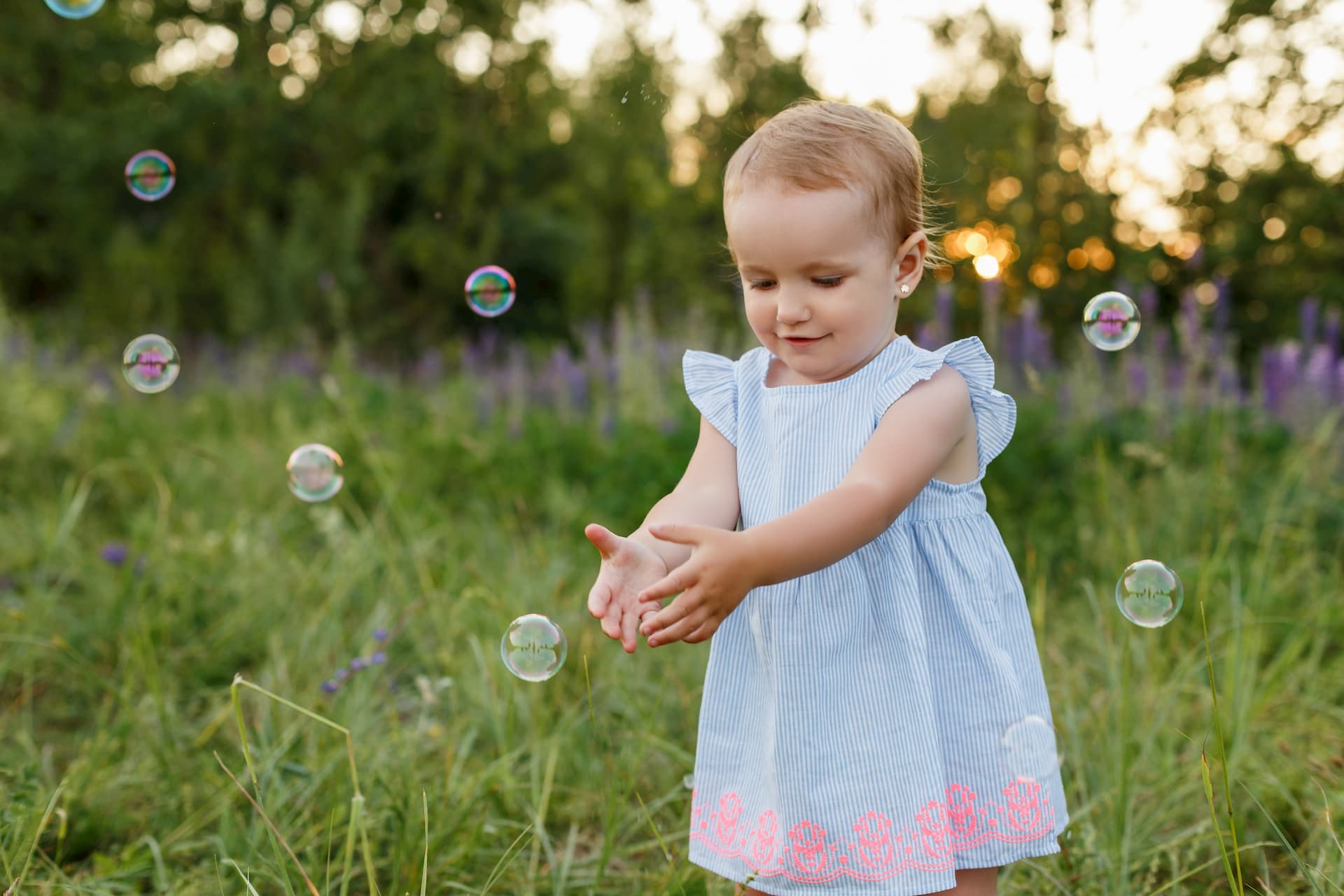
2½ - 4 Years
Children tend to get a lot of stimulation & interaction at kindy or day care, however recreating that at home can be near on impossible.
However it is important to prioritise some movement, fresh air and a bit of brain work in the morning can do wonders with your toddler.
If your toddler doesn’t get a chance to release some of their energy, chances are they may put up a fight come nap time, as they are simply not tired enough.
Now your toddler is up and about with more awake time than ever before, this is a great opportunity to get out & about.
Some other ideas include:
- Digging for treasure
- Treasure hunting
- Dance party (in the living room!)
- Running
- Climb a tree
- Bike ride or scooter
- Set up an obstacle course
- Finger painting
- Hide and seek
Need help with your baby's sleep? Download The Baby Sleep Magic App today on a Free 3-day Trial